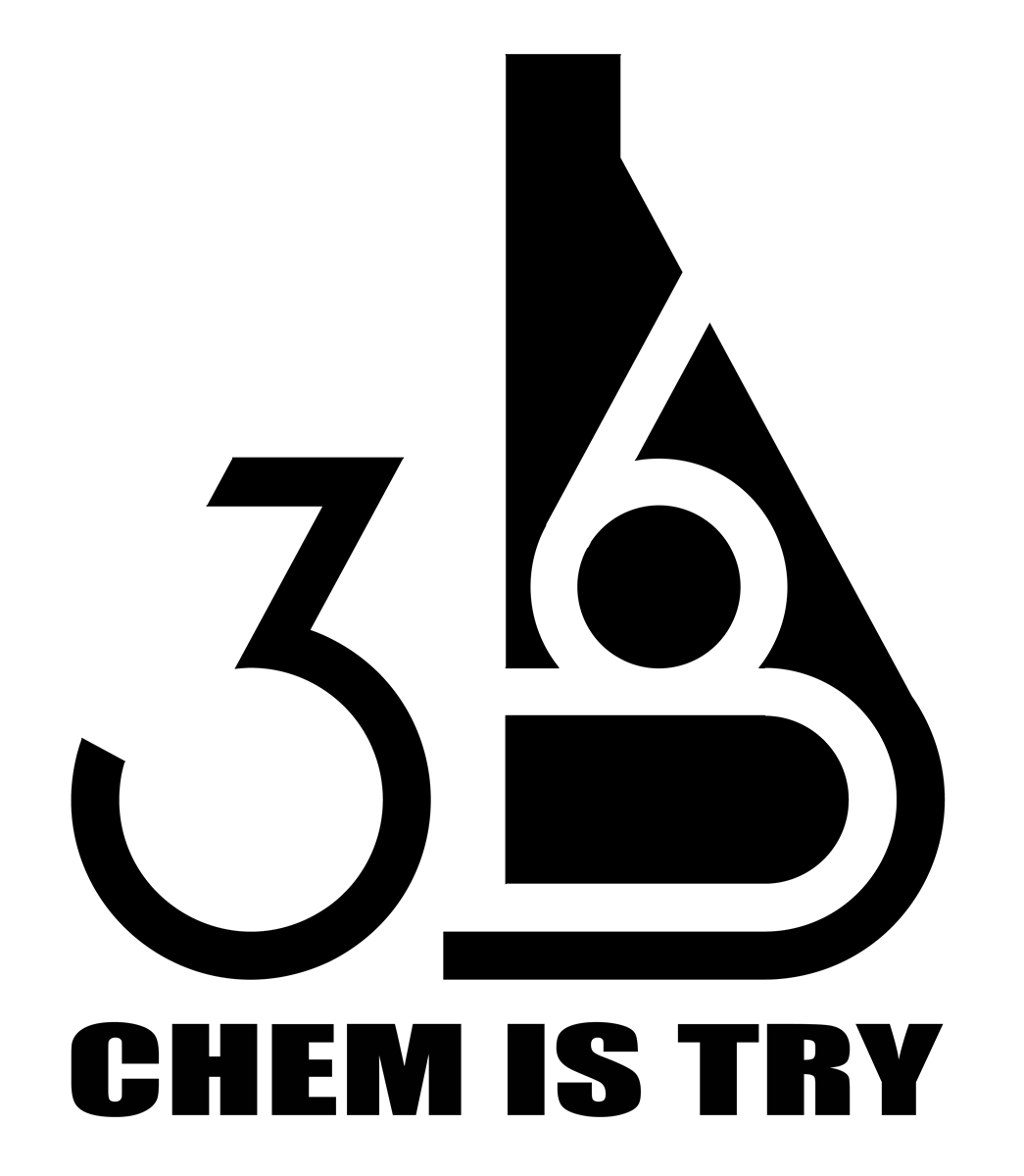0.1M Sodium thiosulfate standard solution(0.1N) 1L
Phân loại: Standard Solution
Thương hiệu: DEAJUNG
:
| CAS Number | 10102-17-7 |
|---|---|
| Linear Formula | |
| Molecular Weight | |
| Product Name | 0.1M Sodium thiosulfate standard solution(0.1N) |
| Syhonym | |
| Maker | DAEJUNG |
| Catalog Number | 7643-3700 |
| Assay | |
| Grade | S/T |
| Package | 1L |
| mp(Melting Point) | |
| bp(Boiling Point) | |
| d(Density) | |
| Fp(Flash Point) | |
| Remark |
CHI TIẾT :
| Physicochemical Information | |
|---|---|
| Density | 1.011 g/cm3 (20 °C) |
| pH value | 9 - 10 (H₂O, 20 °C) |
| Safety Information according to GHS | |
|---|---|
| Storage class | 10 - 13 Other liquids and solids |
| WGK | NWG not water endangering |
| Storage and Shipping Information | |
|---|---|
| Storage | Store at +15°C to +25°C. |


 English
English